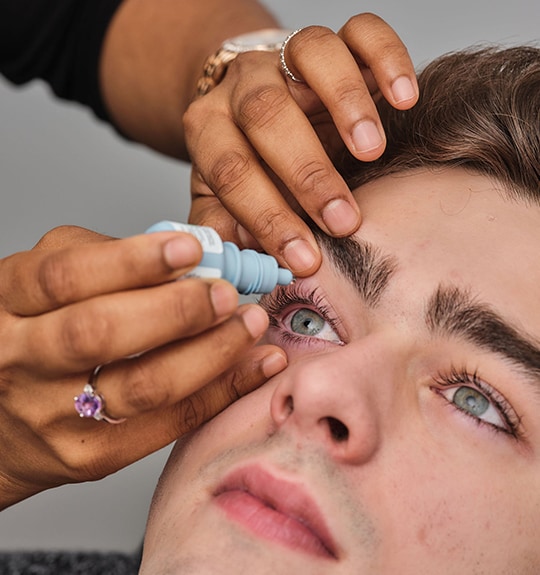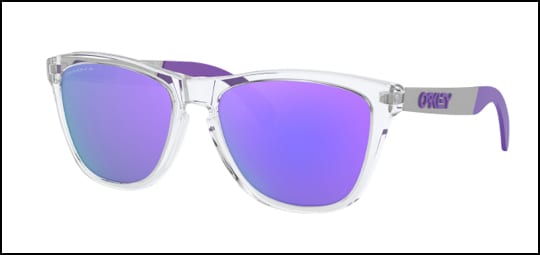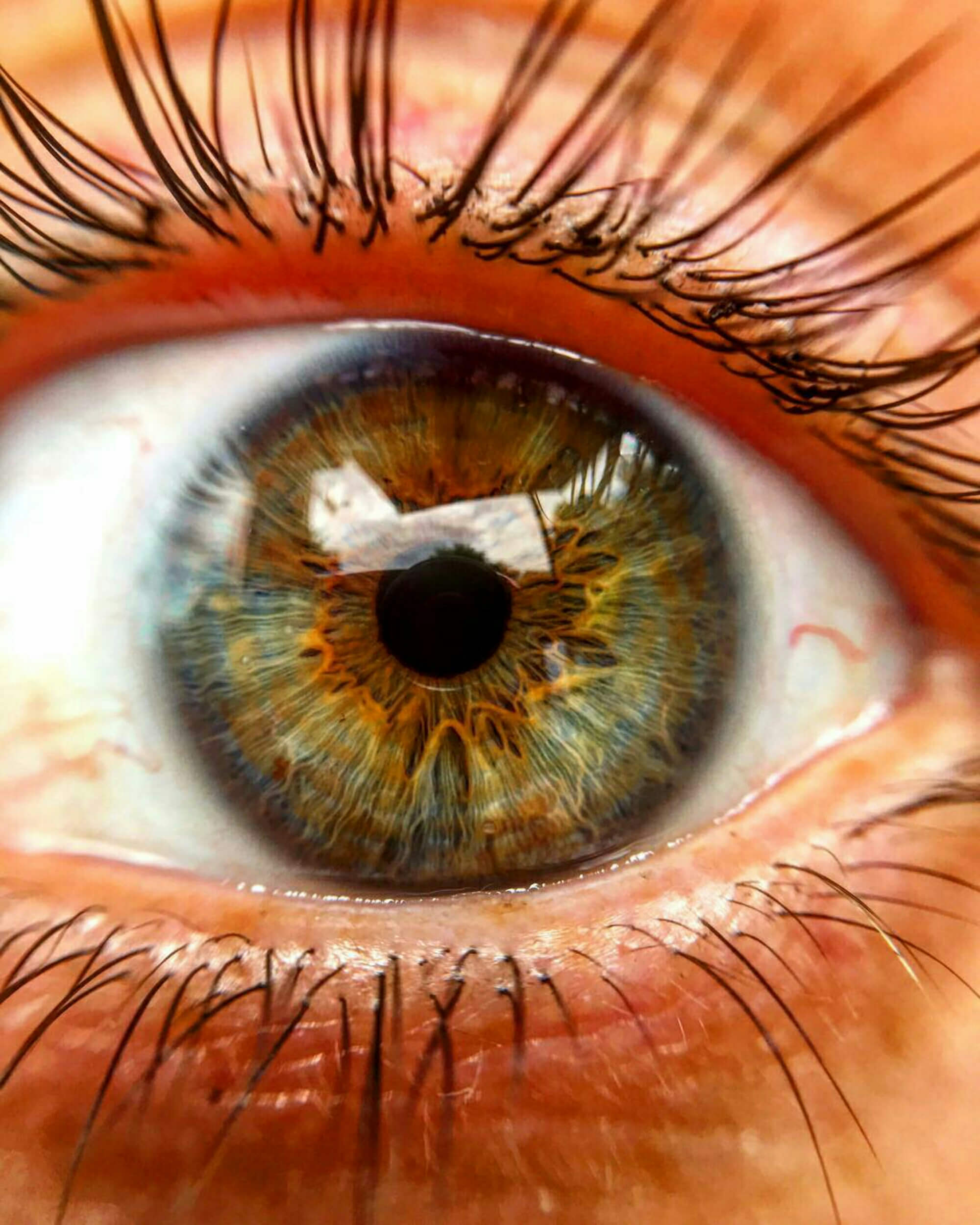Give Your Dry Eyes Meaningful Relief
Dry eyes have many potential causes and can lead to significant discomfort. Many people find dry eyes distracting or even painful in severe cases.
Dry eyes can present various symptoms, but if you experience any of them, it’s best to contact your eye doctor. Our practice has numerous dry eye therapies that can help you manage this irritating condition.
Want to know if you may be experiencing symptoms of dry eye disease? Take our Dry Eye Questionnaire below!










